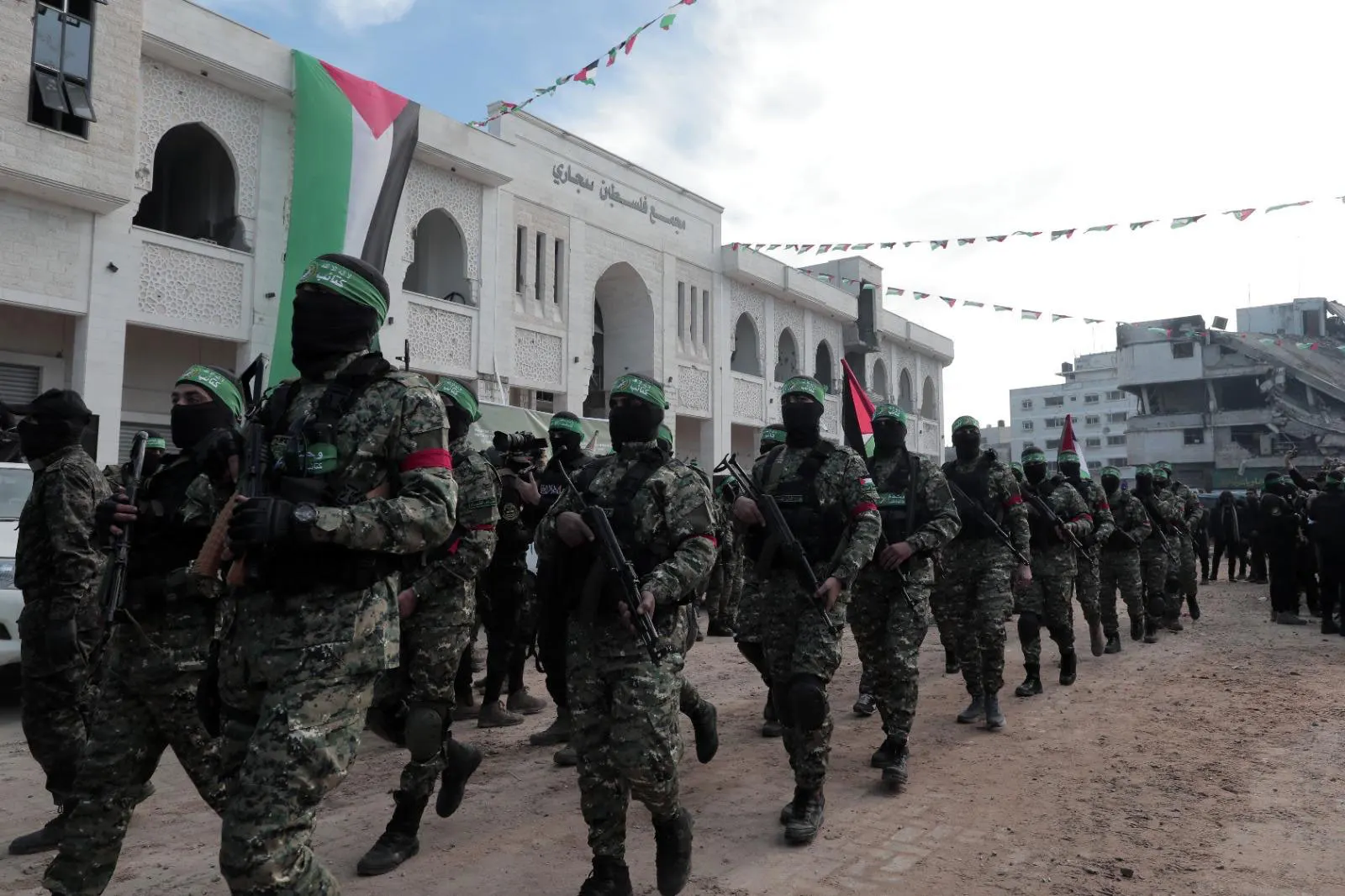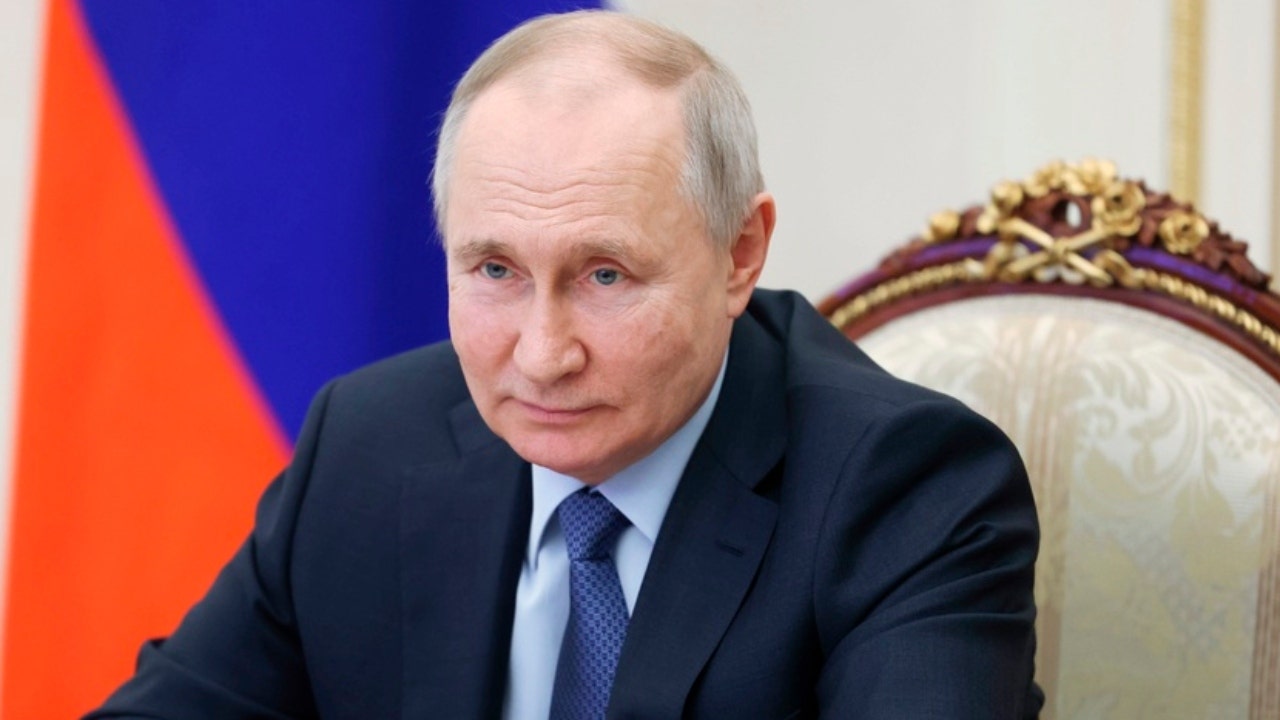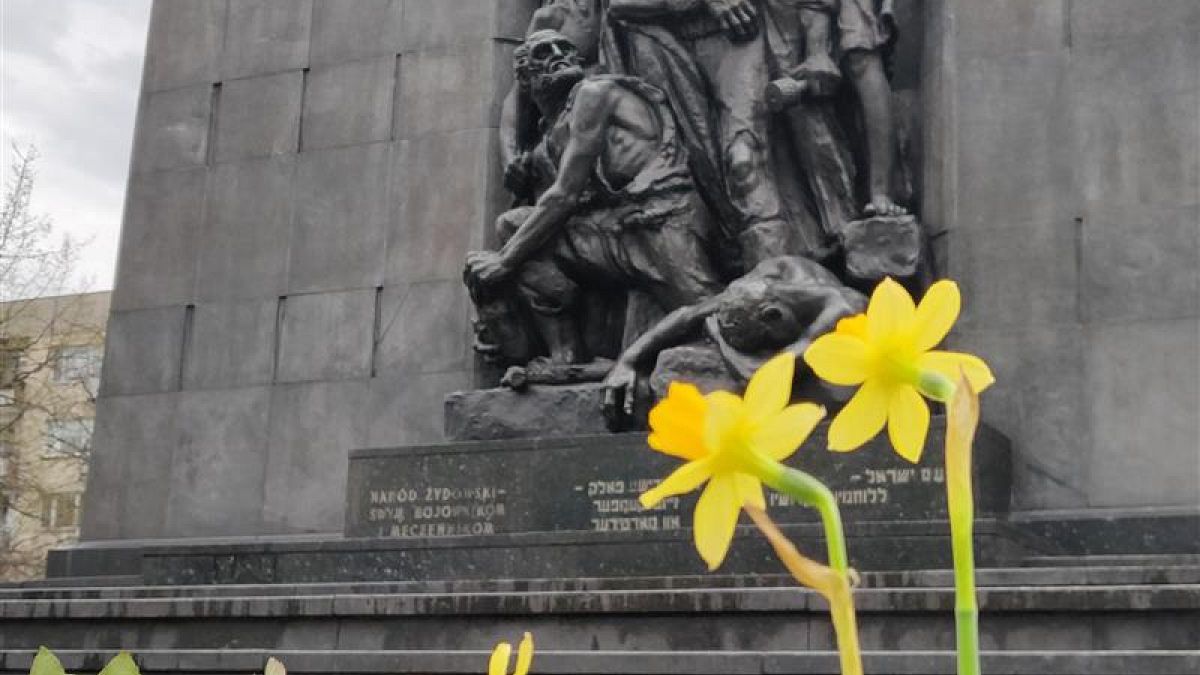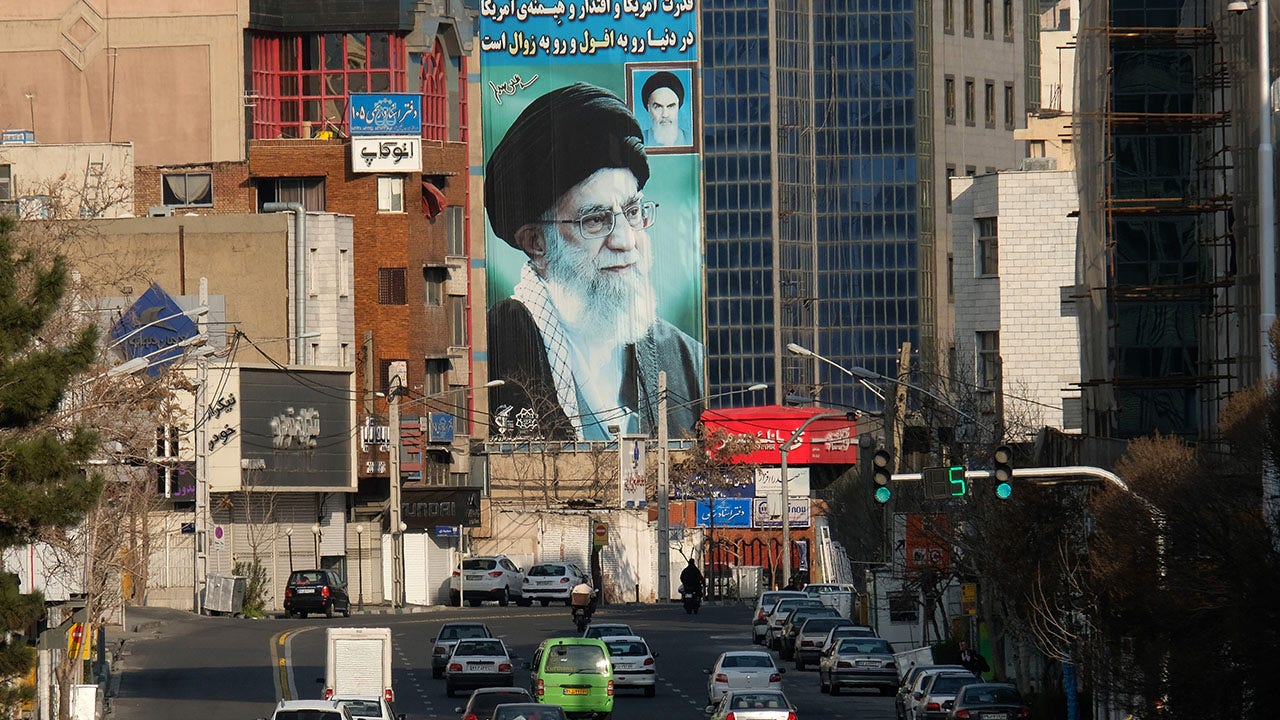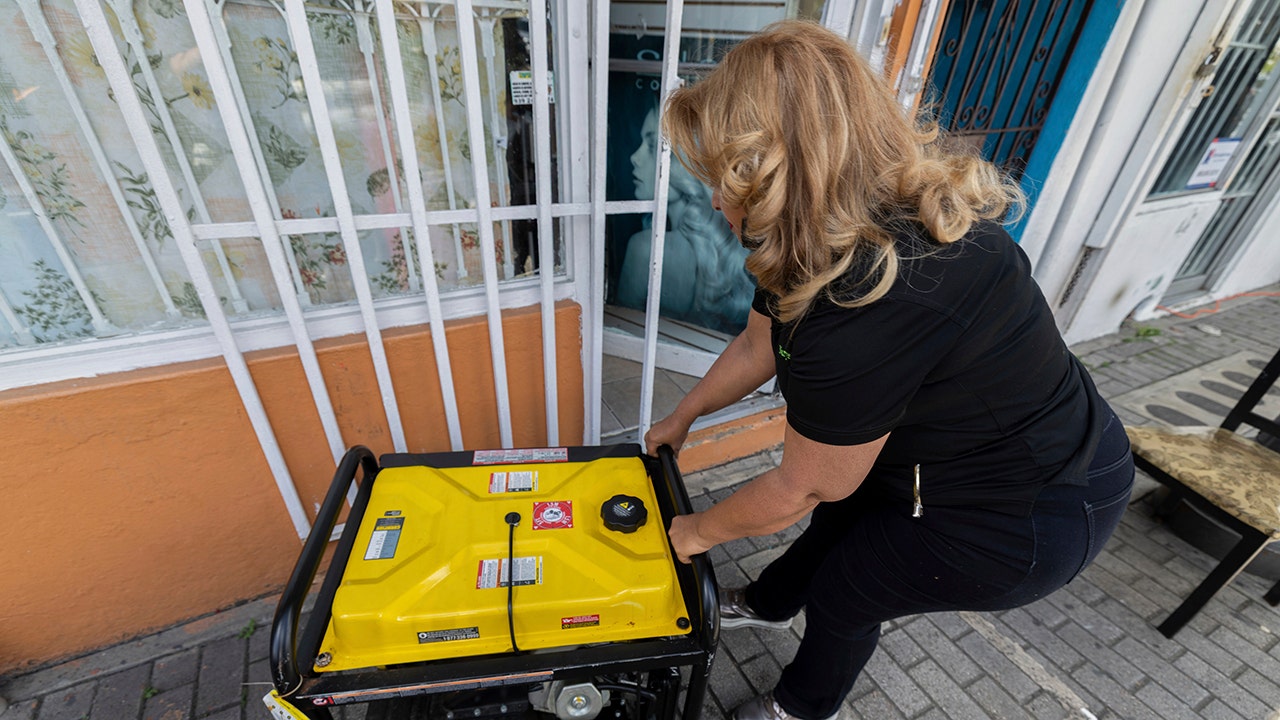Amid Israel’s ongoing military campaign against Hamas terrorists in Gaza, the terror group is reportedly facing an unprecedented financial crisis.
Earlier this week, the Wall Street Journal reported that salary payments to many Hamas government employees have ceased, and even senior officials received only half of their usual pay during Ramadan. Terrorists, who once earned $200 to $300 a month, are struggling to get paid as the IDF tightens its grip, and the flow of humanitarian aid has been cut off since the collapse of the ceasefire.
Dr. Michael Milstein, head of the Forum for Palestinian Studies at Tel Aviv University, said that while financial difficulties are mounting, Hamas operatives are motivated more by ideology than money. “It’s not just about a paycheck,” Milstein said. “Hamas provides essential supplies like food, water and medical care to families, which is crucial in today’s Gaza.” Despite the squeeze, Milstein noted that Hamas has weathered similar financial crises in the past without collapsing.
ISRAEL LAUNCHES NEW GROUND OPERATION IN GAZA
“Two days ago, the IDF killed the battalion commander of the Sajia area for the fifth time. Today, there’s a new battalion commander. They fill the ranks. Hamas had 25,000 military operatives on October 7, and today it has a similar number, even though it lost twenty thousand. They manage with fewer experienced operatives, including children recruited from refugee camps, but manpower is always available in Gaza. As for weapons other than rockets, there is no problem—RPGs, explosives, and rifles are available,” Milstein added.
Mkhaimar Abusada, a Gazan political analyst and currently a visiting scholar at Northwestern University, emphasized that Hamas will likely find ways to recover. “Hamas has survived despite external financial pressures for nearly two decades,” Abusada said. “They’ve bypassed sanctions and continue to exploit black market activities and taxes on merchants.” While money may not drive Hamas fighters, Abusada suggested that the financial squeeze would complicate their operations but not lead to the group’s collapse.
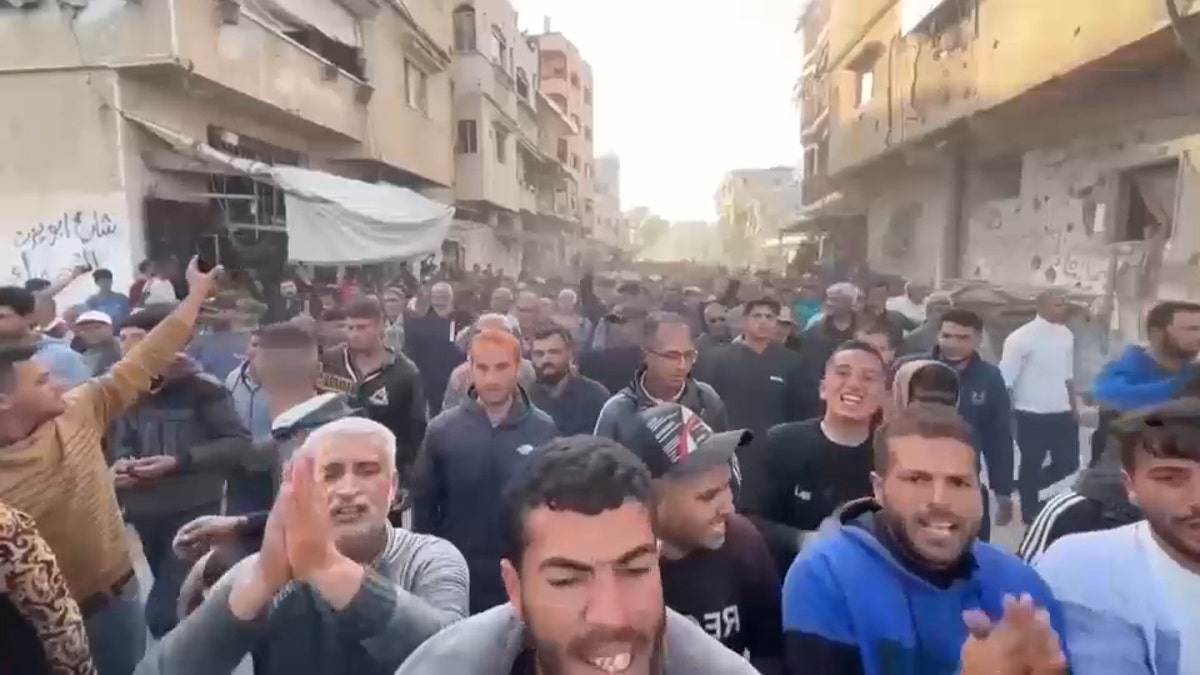
Before the war, according to the same Wall Street Journal article, Qatar provided Hamas with monthly transfers of $15 million, helping to build a stockpile of around $500 million, much of it stored in Turkey. However, Israel’s tightened blockade has limited access to these funds, forcing Hamas to rely on new income sources, such as black-market activities and taxes. “Still, Hamas continues to manage through illicit financial flows, circumventing Israel, U.S., and international sanctions with relative ease,” Abusada said.
Amid the financial crisis, protests against Hamas have started to gain traction. Initially small, demonstrations in Gaza City and surrounding areas have called for an end to Hamas’ rule, with some protesters shouting, “Hamas out!” Abusada noted that these protests, originally anti-war and anti-Israel, have taken on anti-Hamas slogans. However, Hamas has responded violently. “Hamas has made it clear that dissent will be crushed,” he said, adding that some protesters have been tortured to death for their involvement.
HOW ISRAEL’S WAR AGAINST HAMAS TERRORISTS WILL BE DIFFERENT UNDER TRUMP

“The amount of hatred Gazans have has increased a thousandfold since October 7,” said Milstein, “and it’s all directed toward Israel and Hamas, both regarded as evil.”
Milstein said that while protests show unrest, they lack leadership and organization. “Hamas has violently suppressed protests, and if this continues, they may die out,” he said, pointing to a recent protest in Beit Lahiya that quickly dwindled.
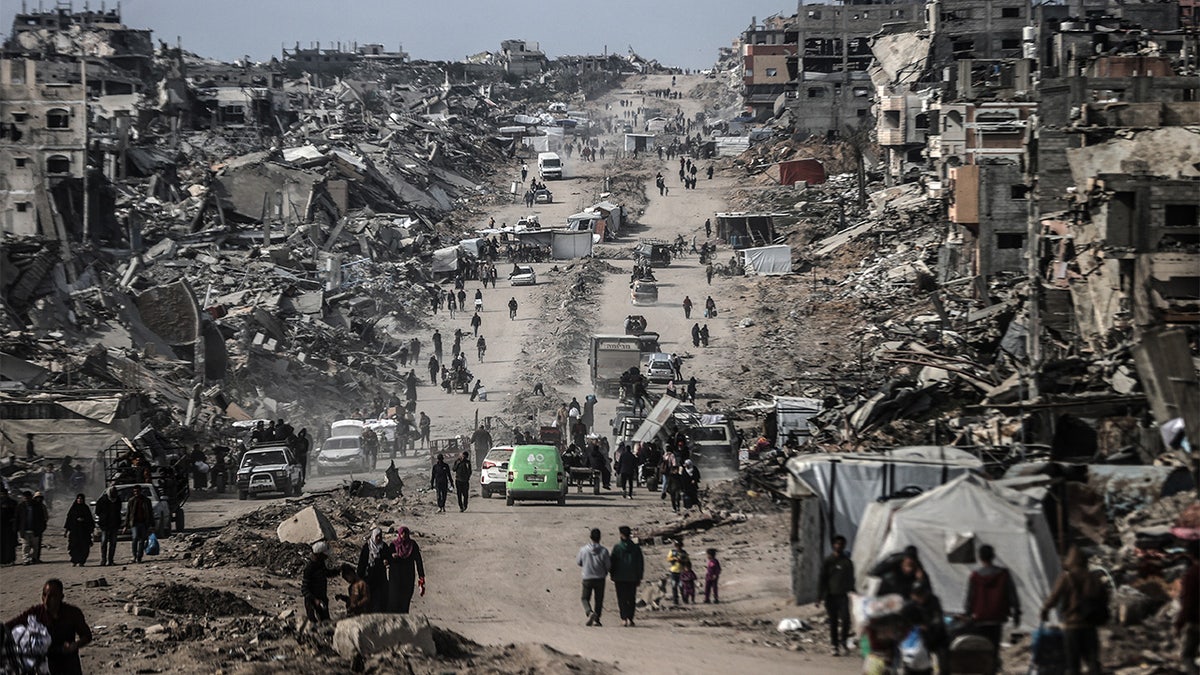
Recent reports indicate that more Palestinians, including hundreds with dual citizenship, are leaving Gaza through Ramon Airport for Europe. This is part of Israel Katz’s Ministry of Defense plan to encourage those who wish to permanently relocate, aligning with President Trump’s vision for the relocation of Gazans.
“The destruction of homes, schools, and hospitals, along with a lack of basic needs, has driven many to leave Gaza,” Abusada said. “But options are limited—Europe is not open to large numbers of refugees from Gaza.”
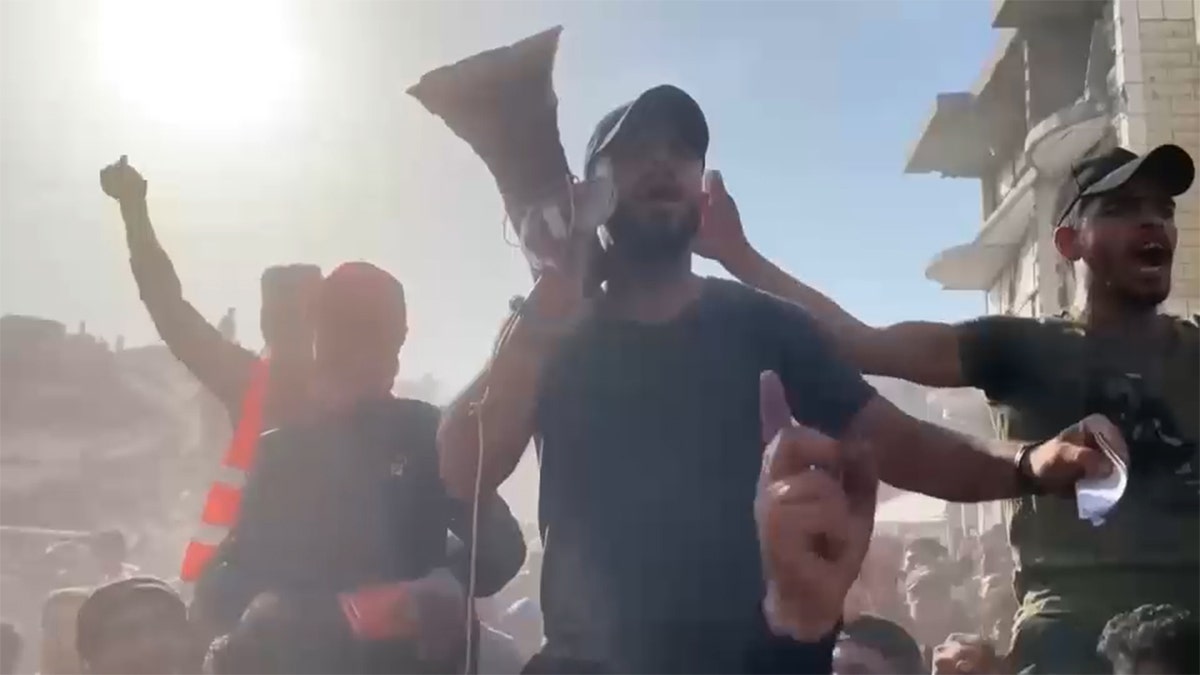
Abusada further explained that many of those who are leaving Gaza are dual nationals or have European residency. “This is not voluntary migration,” he said. “Living in a war zone for 18 months with no infrastructure has forced many Palestinians to seek a better life elsewhere.”
Read the full article here







